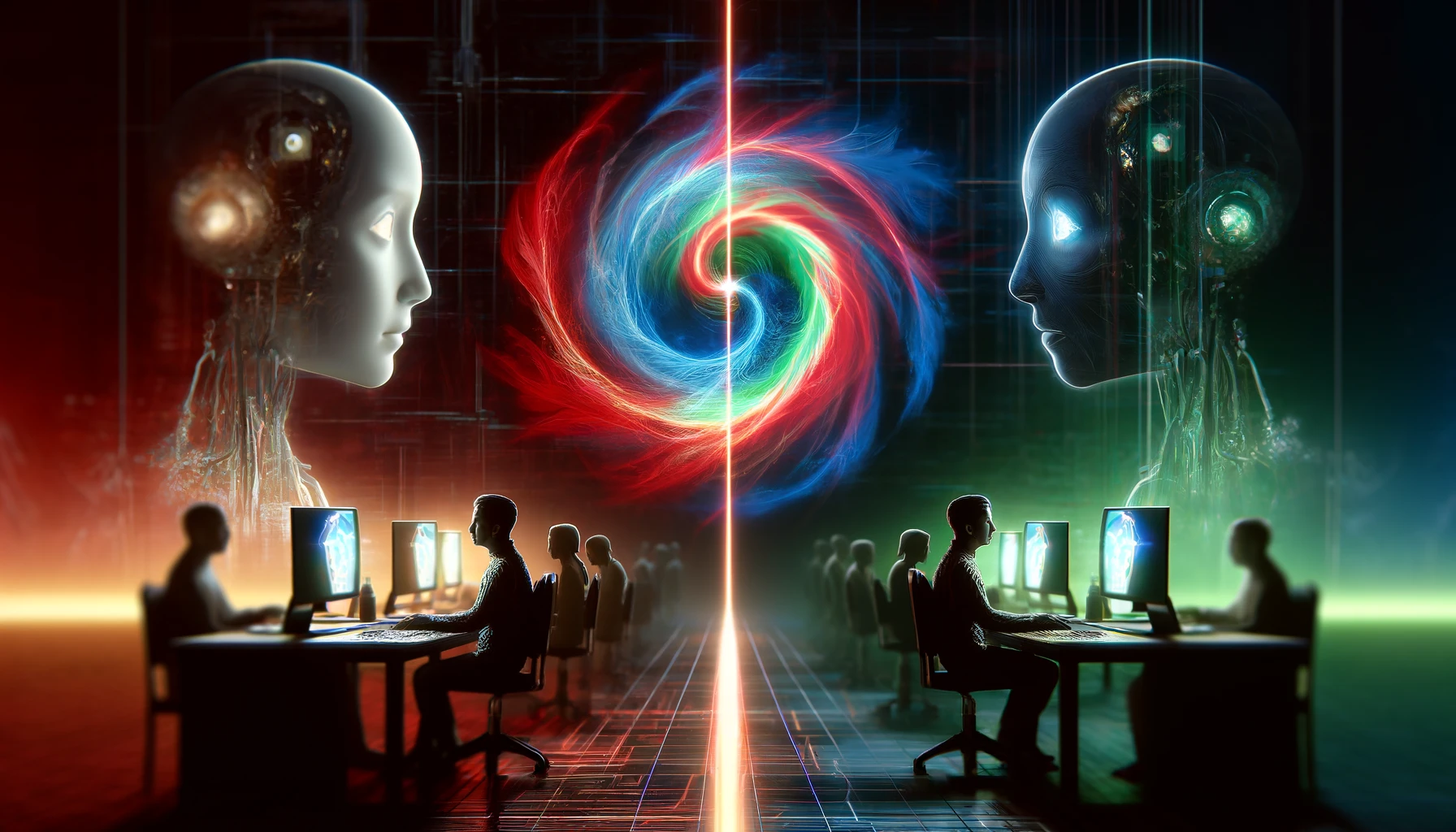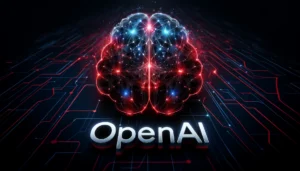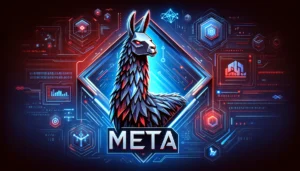The 2024 Imperva Threat Research report says that non-human sources, or bots, are responsible for nearly half of all internet traffic.
The “dead internet theory” started as a conspiracy theory posted on 4chan in 2019 but is gaining credibility as AI-powered bots proliferate.
The theory makes two claims: that the majority of internet traffic is auto-generated, and that this is happening intentionally to manipulate human online activity.
The latest report from cybersecurity firm Imperva seems to confirm that the first claim is true, with bots accounting for 49.6% of internet traffic in 2023.
Not all bots are bad. We depend on web crawlers like Google’s bot to index websites for its search platform. ChatGPT is built on data scraped from the internet by OpenAI’s bot. Whether it should be classified as good or bad is still being debated.
Bad bots are automated web agents that malicious actors use to commit fraud, data harvesting, or other malicious activities. Imperva’s report says that 32% of all internet traffic is bad bot activity.
Advancements in AI are moving the technology beyond the confines of the chat interface to take on wider roles as AI agents. These AI agents are able to interact with websites to complete helpful tasks that humans would normally need to do.
They can also enable bad bots to mimic human movement and clicks of a mouse to spoof bot detection. A lot of these bots are able to defeat the increasingly relevant “prove you are human” CAPTCHA challenges.
🤖 49.6% of all internet traffic in 2023 wasn’t human, with bad bot traffic reaching the highest level we’ve ever monitored.
Swipe for key findings from the 11th annual Imperva Bad Bot Report or download a copy to learn how automated threats could impact your organization.
— Imperva, a Thales company (@Imperva) April 16, 2024
AI making it easier
The report noted an increase in both advanced bad bots and more basic ones. Commenting on the increased bad bot traffic, the report noted, “Bad bot traffic levels rose for the fifth consecutive year, indicating an alarming trend.”
The report concludes that this increase is at least partly driven by the increasing popularity of AI and LLMs. Access to AI tools is lowering the bar for bad actors who previously didn’t have the skills to create bad bots.
The report said, “The growing adoption of AI technology affects the volume of bad bots on the internet and their level of sophistication. It created a distinct division between sophisticated actors with the means and resources to deploy advanced malicious bots and those who rely on basic tools, such as querying AI, to generate a bot script.”
The result is that simple bad bots accounted for 39.6% of all bad bot traffic in 2023, compared to 33.4% in 2022, and 26.3% five years ago.
Imperva’s report said that APIs are a favorite target for bad bots. As more companies use APIs to access AI models for their chatbots, enterprise AI solutions, or AI agents, the risk of bad bots exploiting these tools will only increase.
There are human actors behind these automated bad bots. They may not be the globalist cabal envisioned by the authors of the dead internet theory, but they do want to exploit and manipulate humans.
Automated content is set to outpace human-generated content with AI-generated music, YouTube videos, and AI influencers. We’re even seeing AI social media accounts engaging with other AI-generated content and accounts.
Wikipedia still refers to the dead internet theory as a “conspiracy theory”. It may have started out as one, but it’s fast becoming an AI-fueled reality.





